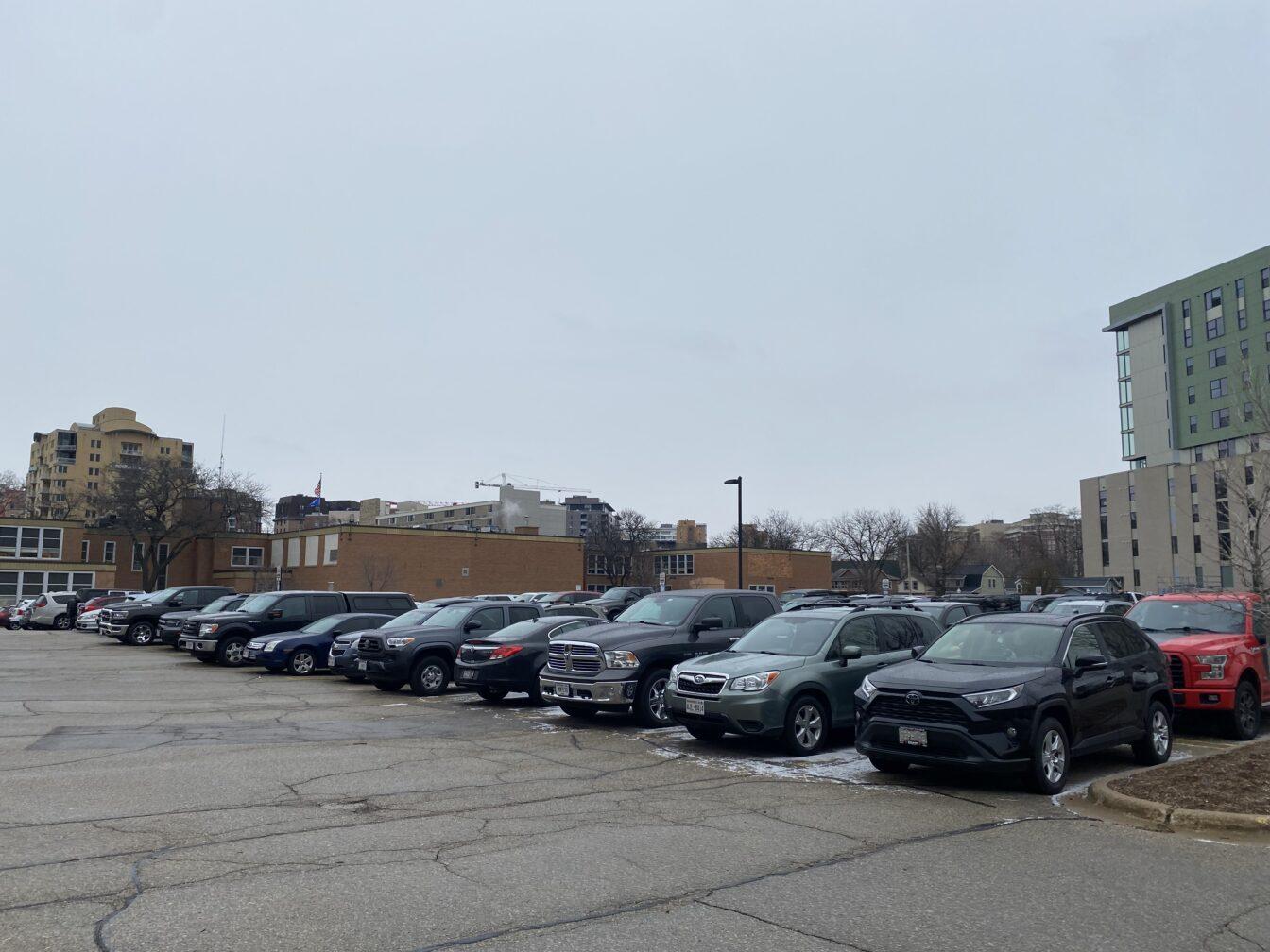The Madison City Council voted unanimously to approve Madison’s proposed Metro Redesign Network and Transportation Demand Management program Dec. 6, according to a press release from the Mayor’s office.
The Metro Redesign Network will rejuvenate the public transit system in Madison to improve accessibility for city residents who rely on it, according to advocates at the meeting.
Madison Mayor Satya Rhodes-Conway endorsed the program, saying it would decrease race and wealth-based disparities in the city by increasing transportation access for people who don’t have cars, according to the press release.
“An extensive and thorough third-party equity analysis shows that access to the Metro system is improved for people overall, but is even more improved for low-income riders and riders of color,” Rhodes-Conway said.
The TDM program will encourage the use of public transportation and bikes over private vehicles, according to the City of Madison. It will give commuters a wider range of transportation options by investing in rideshare programs, improving public transportation in the city and encouraging bike use. The program will make the streets less congested and safer for pedestrians.
At the meeting, community members shared opinions for and against TDM.
Madison resident Ian Jamison said the program is crucial for curbing carbon emissions from transportation in the city.
“Keeping Madison sustainable and green means committing to programs that do just that,” Jameson said.
Resident Cailey Jamison agreed, saying that the initiative is exactly what the city needs to meet its climate goals and remain livable as its population grows.
Community member Bill Connor shared concerns about TDM. According to Connor, the program will make the city more expensive for those unwilling or unable to use public transit.
“Apartment residents will park cars on neighborhood streets to avoid paying a fee to park in the parking lot,” he said. “Tenants will pay higher rents. Commercial tenants will choose to locate where they do not have to deal with the consequences of this program.”
Madison resident Robbie Webber rebutted Connor, saying that tenants may actually pay lower rents with TDM because landlords would no longer be able to include unused parking spots in their rent if they did not have a vehicle.
District 3 Alder Erik Paulson also said TDM will reduce costs for tenants and businesses.
“We’re going to see more businesses and residences offer alternatives, help cover some costs for employers, and unbundle things like parking and give people the option to pay for parking or to use that money for alternative transportation,” Paulson said in an email to the Badger Herald.
According to the City of Madison, 84% of the funding for TDM will come from federal and state funds and 16% will be local, mostly from the city.
The City of Madison is involved in other transportation reform initiatives such as Vision Zero, a national organization that works to implement traffic safety protocols, and is also working toward reforming street designs, according to their transportation initiatives page.


